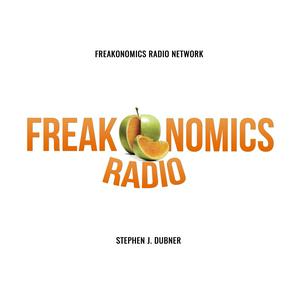629. How Is Live Theater Still Alive?
It has become fiendishly expensive to produce, and has more competition than ever. And yet the believers still believe. Why? And does the world really want a new musical about ... Abraham Lincoln?! (Part one of a three-part series.) SOURCES:Christopher Ashley, artistic director of La Jolla Playhouse.Quentin Darrington, actor.Joe DiPietro, playwright and lyricist.Crystal Monee Hall, composer, singer, actor.Rocco Landesman, Broadway producer, former owner of Jujamcyn Theaters, former chairman of the National Endowment for the Arts.Alan Shorr, Broadway producer.Daniel Watts, writer, choreographer, actor.Richard Winkler, Broadway producer. RESOURCES:3 Summers of Lincoln (2025)“Live Performance Theaters in the US - Market Research Report (2014-2029),” by Grace Wood (IBISWorld, 2024). Leadership: In Turbulent Times, by Doris Kearns Goodwin (2018).Big River (1984) EXTRAS:“How to Make the Coolest Show on Broadway,” by Freakonomics Radio (2024).“You Can Make a Killing, but Not a Living,” by Freakonomics Radio (2024).
